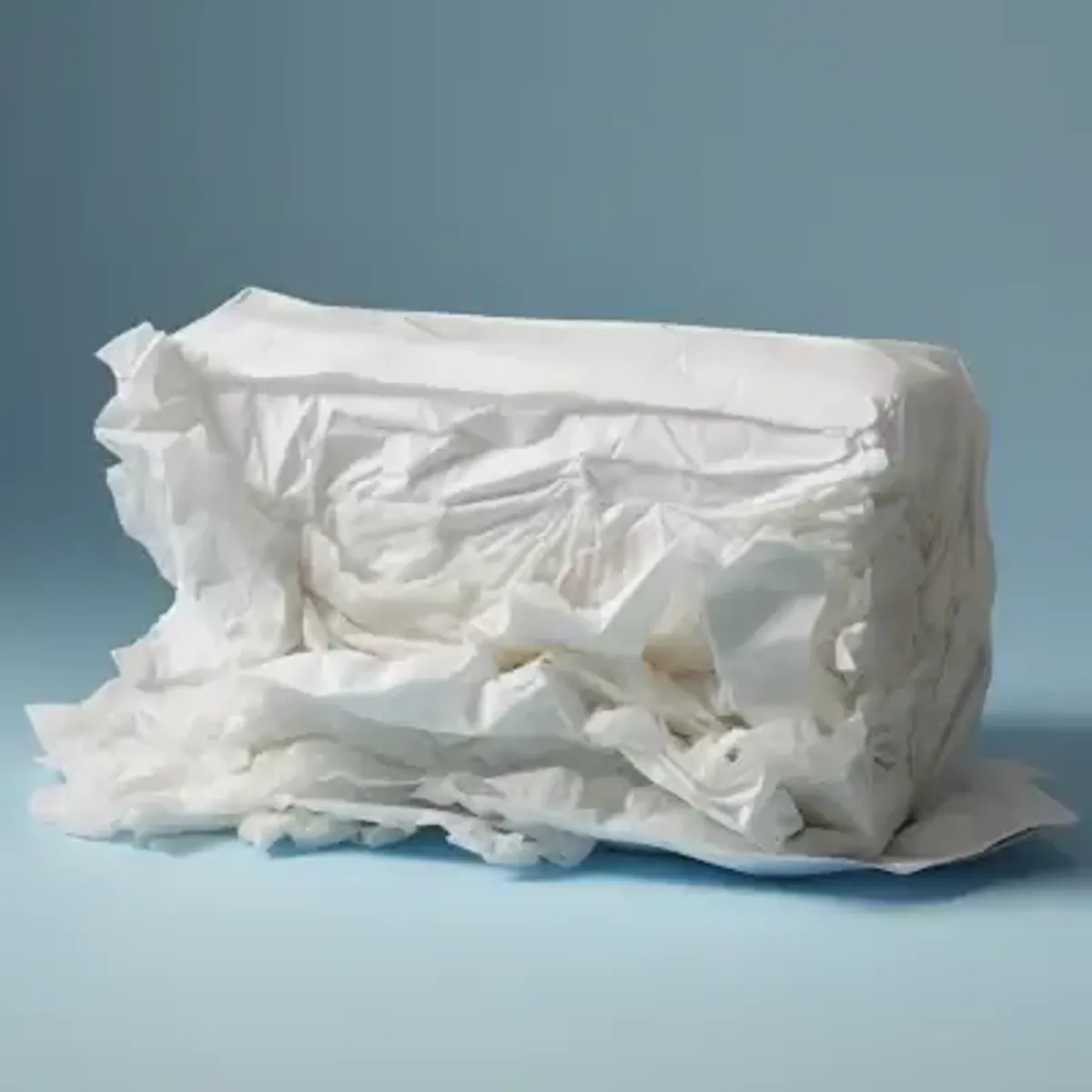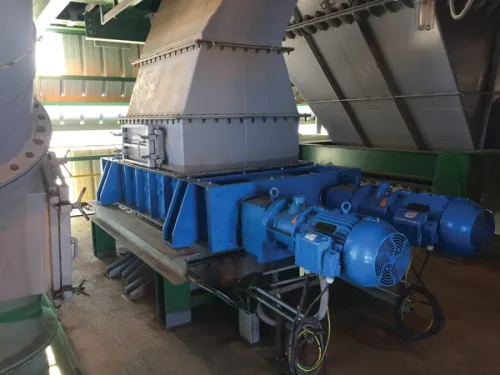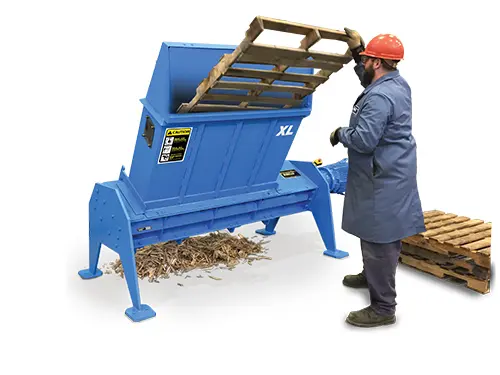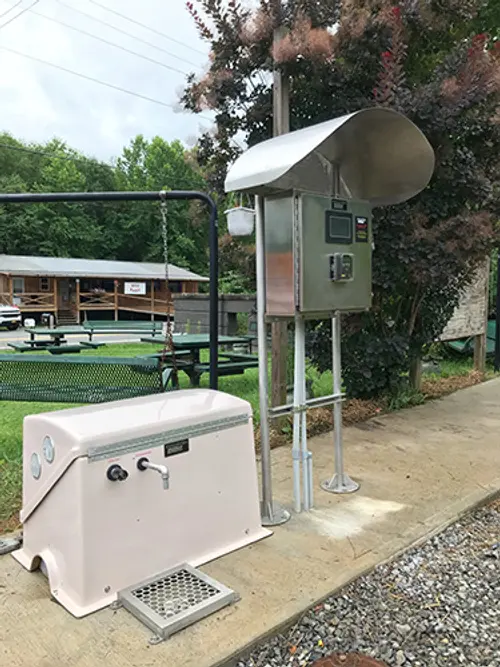We use 14,000 hand wipes per second.
That is a staggering number of wipes entering our waste management systems every day. Many of these wipes claim to be flushable, but often they end up blocking our sewer pipes and waterways, and this is causing a tremendous problem.
Read on to discover why flushable wipes, despite their usefulness, are actually causing major stress for our sewage and wastewater systems and what we can do to help reduce the problem.
What Does Flushable Actually Mean?
The biggest half-truth that the wipes sell themselves on is the idea that they are flushable. This suggests that you can drop them into the toilet and flush them away with no consequences.
A scientific study into the difference between flushable and non-flushable wipes concluded that there was an “absence of any technical basis that separates flushable wipes clearly from non-flushable.” In the wipes studied, there was no real discernable difference in terms of thickness, composition, and weight.
The truth is that while it is possible to flush a wipe down the drain, you really shouldn't! Labeling them as flushable is extremely misleading, mostly because of what they contain.
Even though some brand names like Cottonelle wipes suggest otherwise, wet wipes are not actually made of cotton. They are mostly made of plastic and pulp.
Like plastic microbeads in our cleaning liquids, once the biodegradable aspects of the product have worn away, you are just left with the plastic. Plastic that sticks to anything and everything.
Once these wipes and their plastic enters the water system, that is when the real problems begin.
The Big Fatberg Problem
You may have already heard of the term "Fatberg" before. People aren't very careful about what they pour down the sink or flush down the toilet. Much of the kitchen waste that is poured down the sink is liquid cooking fats.
Once these fats get into the sewage system, they have already started to cool down. As they do, they solidify, turning sticky and hard. Fats stick to other fats and anything else floating in the sewage waters, like flushable wipes that have not broken down.
Now in an underpopulated place, this may not present too much of a problem. However, once you get to the cities where sewers are used in greater numbers, a real problem forms.
Fatbergs are solid lumps of fat and grease that have solidified around items like flushable wipes to create an unmovable mass. They quickly block the flow of pipes, causing sewer line blockages and immense damage to the system. The havoc it causes to wastewater systems include jamming mechanisms, clogging pumps, and breaking critical machinery.
Fatbergs can even cause sanitary sewer overflows, where sewage discharges into the environment without treatment.
Wastewater treatment personnel spend a good percentage of their time mining the fatbergs from beneath cities. The largest and most famous fatberg was found underneath London. It weighed 130 tons and took a team of eight workers nearly a month to remove it. It’s also a costly endeavor. In 2018, New York City spent $19 million to remove 2,100 fatberg masses from their sewer systems.
What Can I Do To Help?
Firstly, stop or limit the number of flushable wipes you are using. This can be difficult if you need the wipes for cleaning or looking after a baby. We have become very dependent on how easy they are to use.
Throw wipes away in a bin. This may seem like a less hygienic option depending on what the wipe has been used for, but it is the most environmentally safe option for the planet.
But what about if you run a business? You may not have much control over what people are putting down your toilet pipes. Hospitals, restaurants, and public toilets all suffer from this problem.
You could still find yourself with blocked drains and piping even if you are trying your best to avoid the problem and be environmentally friendly. Providing signage and bins will only help to a certain degree in persuading your clientele to change their habits.
This is where wastewater management systems need to step in and provide industrial solutions to the problem.
The Shredding Solution
Flushable wipes, sanitary items, or even large clumps of traditional toilet paper will clog up most sewage pipes. However, you can shred them before they become a major issue. Installing a municipal grinder into the wastewater system will assist with breaking down the materials into tiny pieces so that they do not clog pipes as easily.
Franklin Miller grinders will reduce flushed waste so that pipes can continue to flow regardless of what the public has decided to discard. Solutions like these will help keep wastewater flowing and help the build-up of fatbergs in our sewage systems.
Stop Using Flushable Wipes
The simplest solution for us all is to stop using flushable wipes. The damage they are doing to our sewage pipelines in the long term is untenable. However, the flushable wipes industry grows more popular and shows no sign of decline.
So, for now, shredding solutions are our best line of defense against the ever-growing fatbergs lurking in our sewers.
If you are interested in upgrading your wastewater management and would like to find out more about our shredding solutions for pipelines, please take a look at our catalog.




